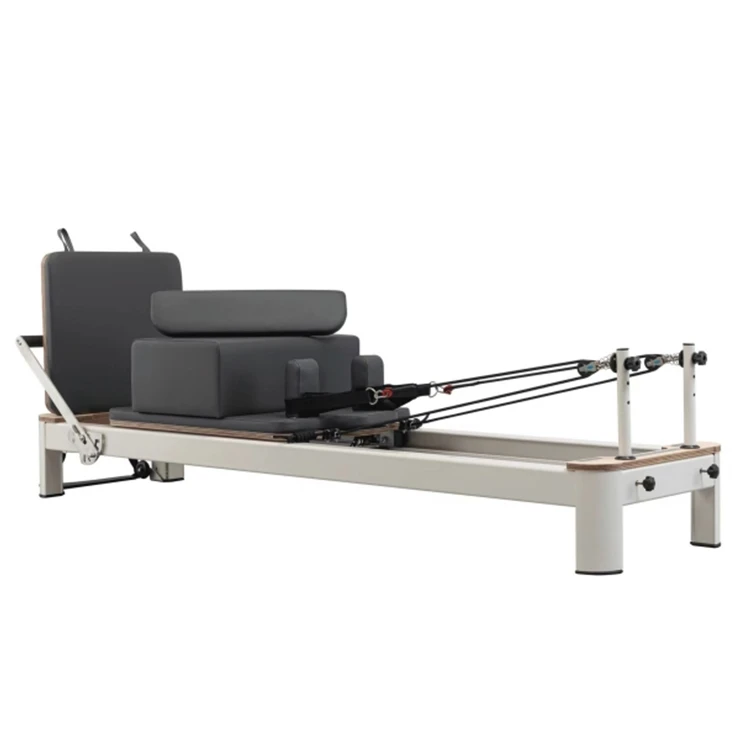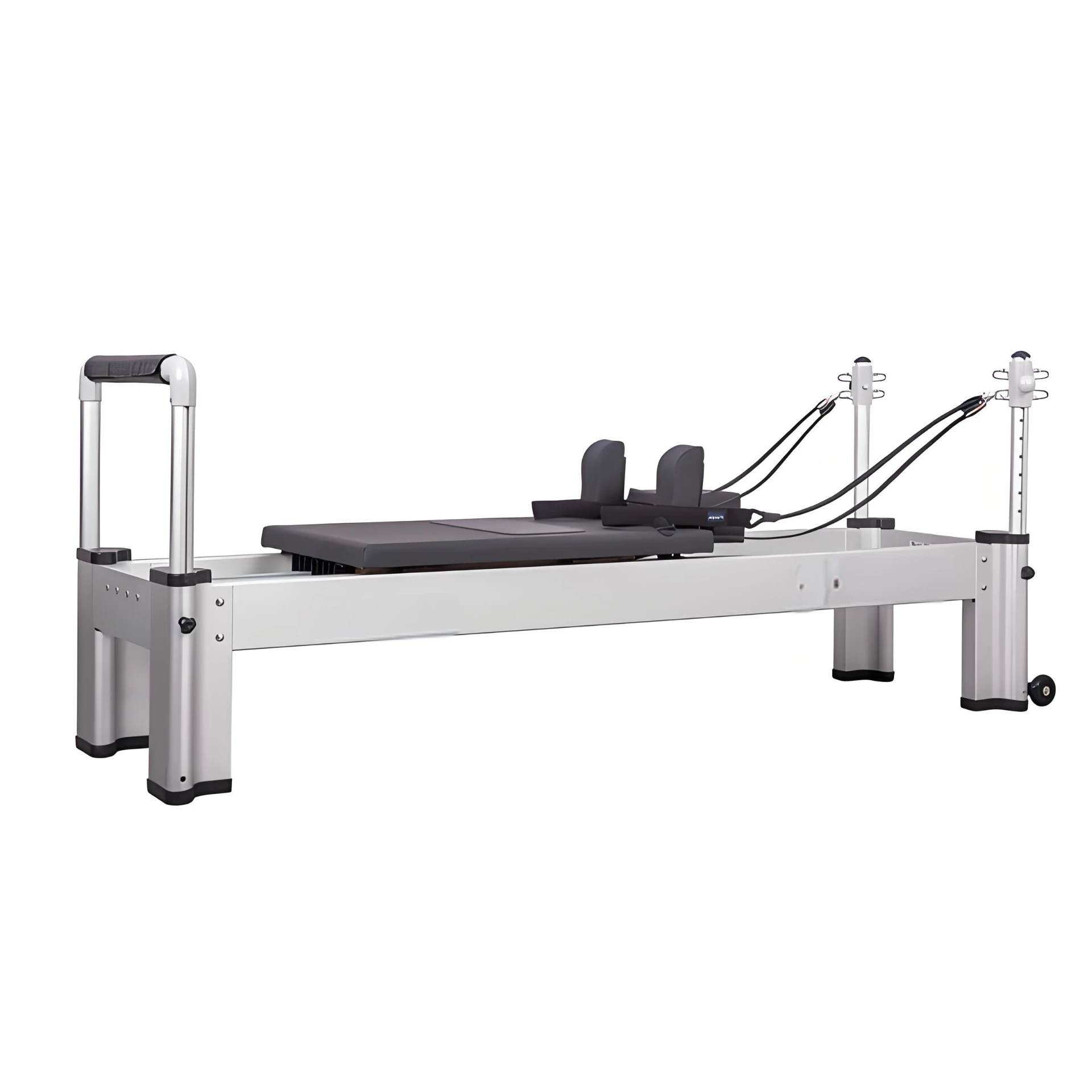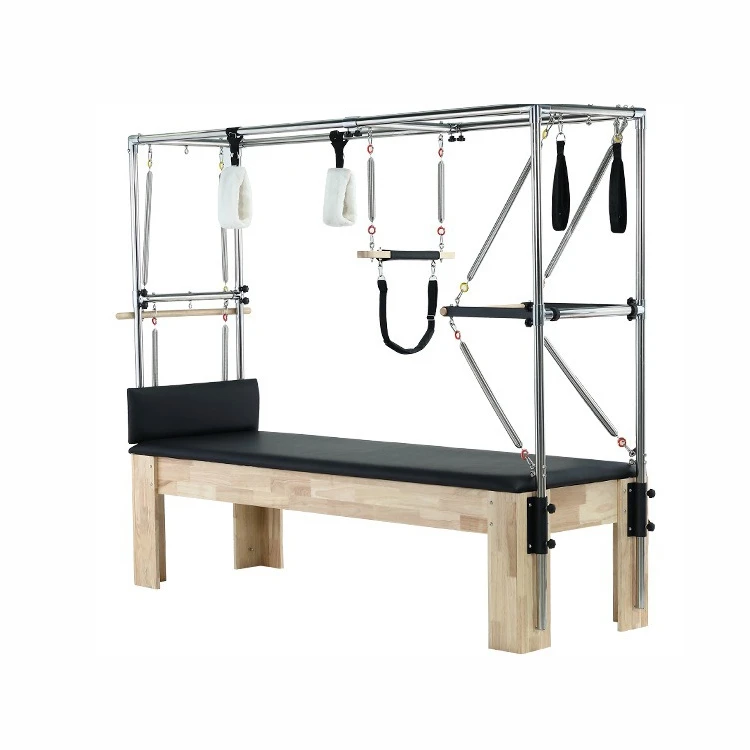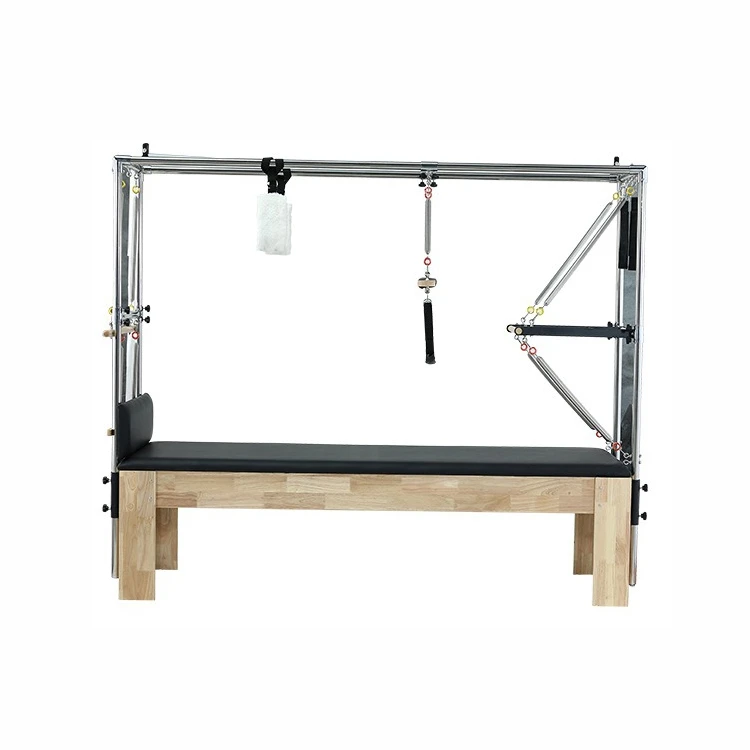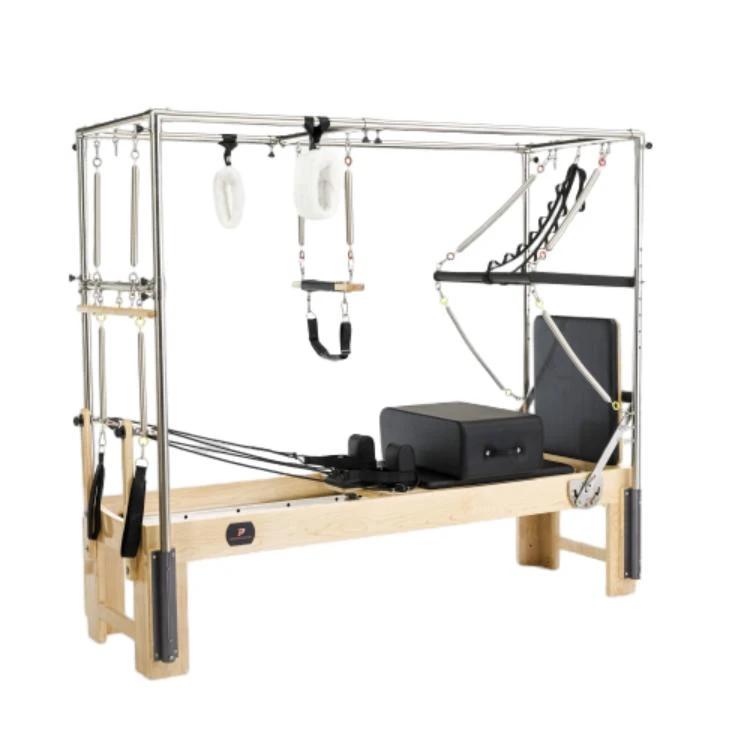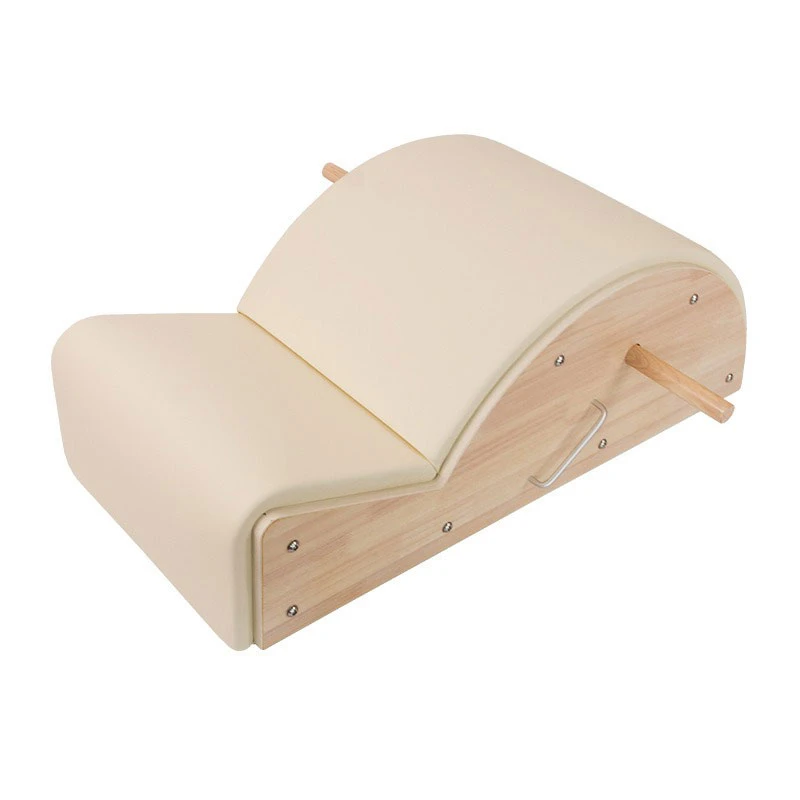Feb . 15, 2025 19:55
Back to list1111
types of pilates
Pilates, a century-old fitness regime created by Joseph Pilates, has evolved into a multifaceted discipline that encompasses a variety of techniques and exercises. Understanding the different types of Pilates can be instrumental in optimizing your workout routine and achieving specific fitness goals. Whether you're aiming for flexibility, core strength, rehabilitation, or a full-body workout, there's a Pilates style suited to your needs.
Pilates for Rehabilitation is a specialized discipline focusing on therapeutic outcomes for individuals recovering from injury or managing chronic conditions. It involves a gentle and mindful approach to movement, often tailored by certified instructors who work in tandem with healthcare professionals. This style aids in restoring functional movement patterns, increasing range of motion, and building muscular support around injured areas. Practitioners often vouch for its effectiveness in reducing pain and preventing recurrence of injuries, making it a pivotal part of many rehabilitation programs. For those prioritizing mind-body harmony, Mindful Pilates emphasizes breathwork and concentration, seamlessly integrating physical exercises with mental relaxation techniques. This style is particularly beneficial for reducing stress and fostering a meditative state during workouts, which enhances relaxation and mental clarity. In an era where mental health is paramount, Mindful Pilates offers an enriching experience that nurtures both the body and the spirit, promoting well-being through deep breathing and mindful alignment. A rising trend is Hybrid Pilates, a dynamic fusion that combines Pilates principles with other workout modalities like yoga, barre, or dance. It attracts fitness enthusiasts desiring variety and innovation in their routines. By blending disciplines, Hybrid Pilates keeps workouts engaging and challenging, encouraging continuous skill development and physical adaptation. Participants appreciate the diverse benefits it offers, ranging from improved cardiovascular health to enhanced postural alignment and muscle toning. Choosing the appropriate type of Pilates largely depends on individual goals, physical conditions, and personal preferences. Consulting with certified instructors who possess a deep expertise in different styles ensures an informed decision-making process, fostering trust and safety as you embark on or refine your Pilates practice. As Pilates continues to evolve, staying informed and exploring new styles can enhance your experience, ensuring a rewarding and sustainable fitness journey.
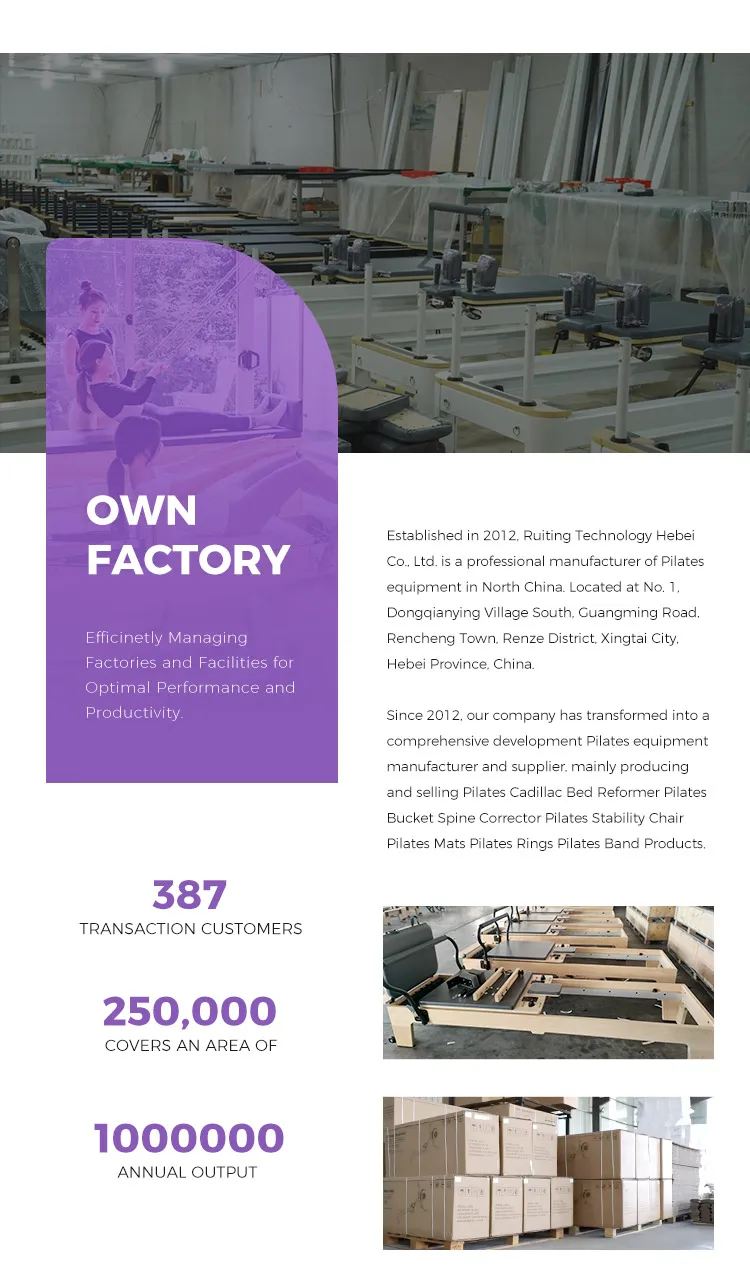
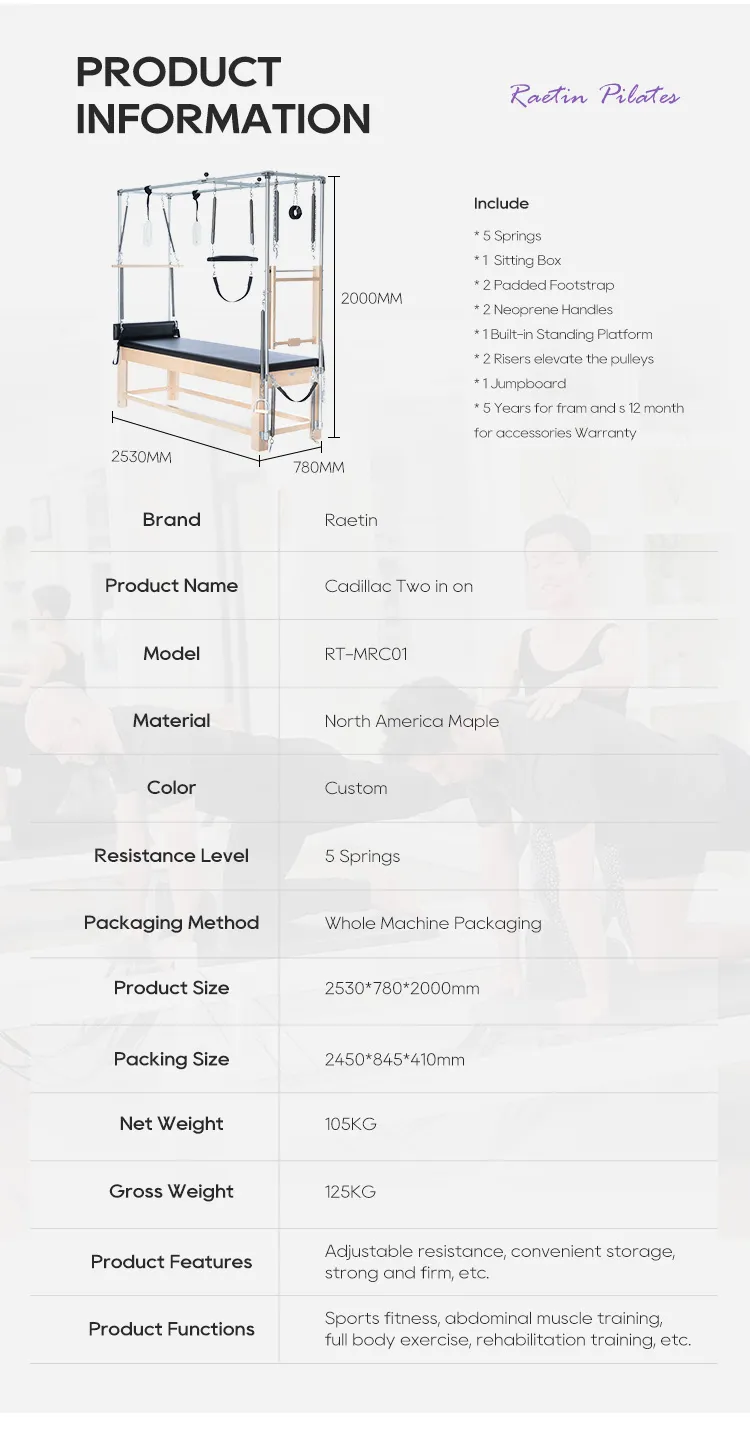
Pilates for Rehabilitation is a specialized discipline focusing on therapeutic outcomes for individuals recovering from injury or managing chronic conditions. It involves a gentle and mindful approach to movement, often tailored by certified instructors who work in tandem with healthcare professionals. This style aids in restoring functional movement patterns, increasing range of motion, and building muscular support around injured areas. Practitioners often vouch for its effectiveness in reducing pain and preventing recurrence of injuries, making it a pivotal part of many rehabilitation programs. For those prioritizing mind-body harmony, Mindful Pilates emphasizes breathwork and concentration, seamlessly integrating physical exercises with mental relaxation techniques. This style is particularly beneficial for reducing stress and fostering a meditative state during workouts, which enhances relaxation and mental clarity. In an era where mental health is paramount, Mindful Pilates offers an enriching experience that nurtures both the body and the spirit, promoting well-being through deep breathing and mindful alignment. A rising trend is Hybrid Pilates, a dynamic fusion that combines Pilates principles with other workout modalities like yoga, barre, or dance. It attracts fitness enthusiasts desiring variety and innovation in their routines. By blending disciplines, Hybrid Pilates keeps workouts engaging and challenging, encouraging continuous skill development and physical adaptation. Participants appreciate the diverse benefits it offers, ranging from improved cardiovascular health to enhanced postural alignment and muscle toning. Choosing the appropriate type of Pilates largely depends on individual goals, physical conditions, and personal preferences. Consulting with certified instructors who possess a deep expertise in different styles ensures an informed decision-making process, fostering trust and safety as you embark on or refine your Pilates practice. As Pilates continues to evolve, staying informed and exploring new styles can enhance your experience, ensuring a rewarding and sustainable fitness journey.
Prev:
Latest news
-
Types of Pilates Machines Used in Group Classes Versatility GuideNewsJul.07,2025
-
Pilates Spine Corrector Benefits for Posture and Core StrengthNewsJul.07,2025
-
Pilates Chair for Sale Adjustable Spring Systems for All Fitness LevelsNewsJul.07,2025
-
Ladder Barrel for Sale Commercial-Grade Wooden ConstructionNewsJul.07,2025
-
Eco-Friendly Pilates Studio Equipment Sustainable Materials GuideNewsJul.07,2025
-
Adjustable Pilates Chair Settings for All Fitness LevelsNewsJul.07,2025
Hot Products
Newsletter
Get the latest updates and offers...
Contact
We are always ready to help you.There are many ways to contact you.You may drop us on line. Give us a
call or send a an email.choose what suits you most.
- Address
- Room 1601, 1302, Building A, Zijingguandi, Qiaodong District, Xingtai City, Hebei Province, China
- Sandra@raetin.com
- Phone
- +86 18231139331

